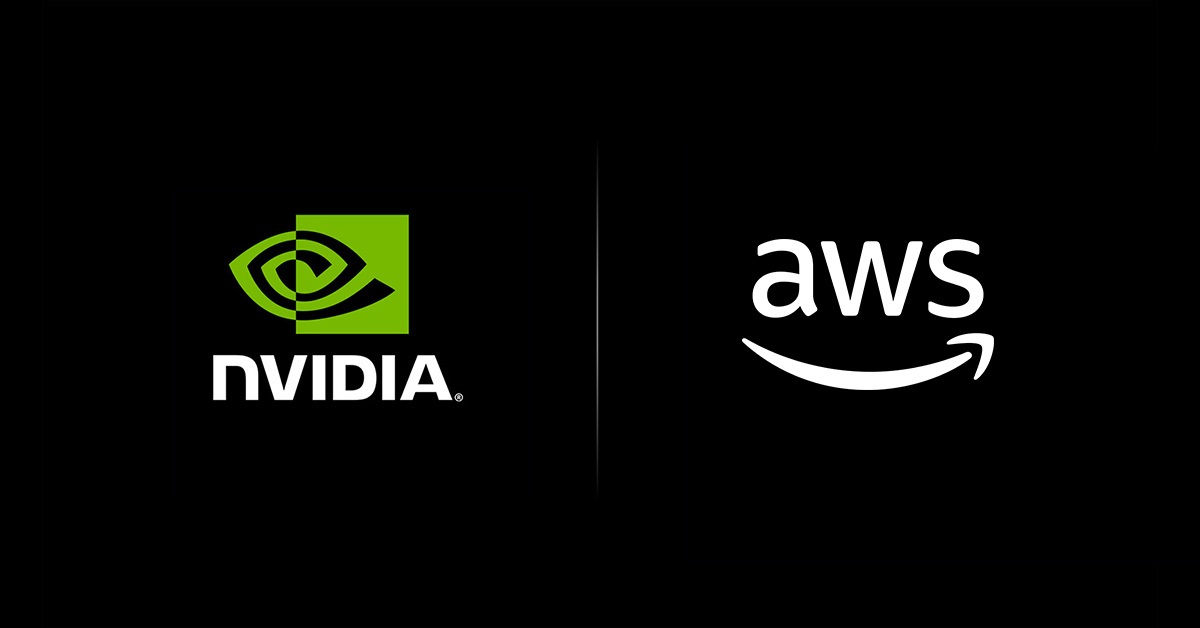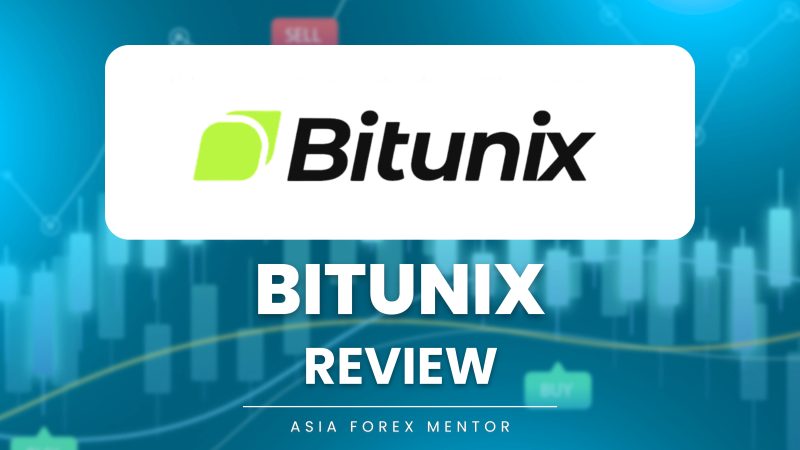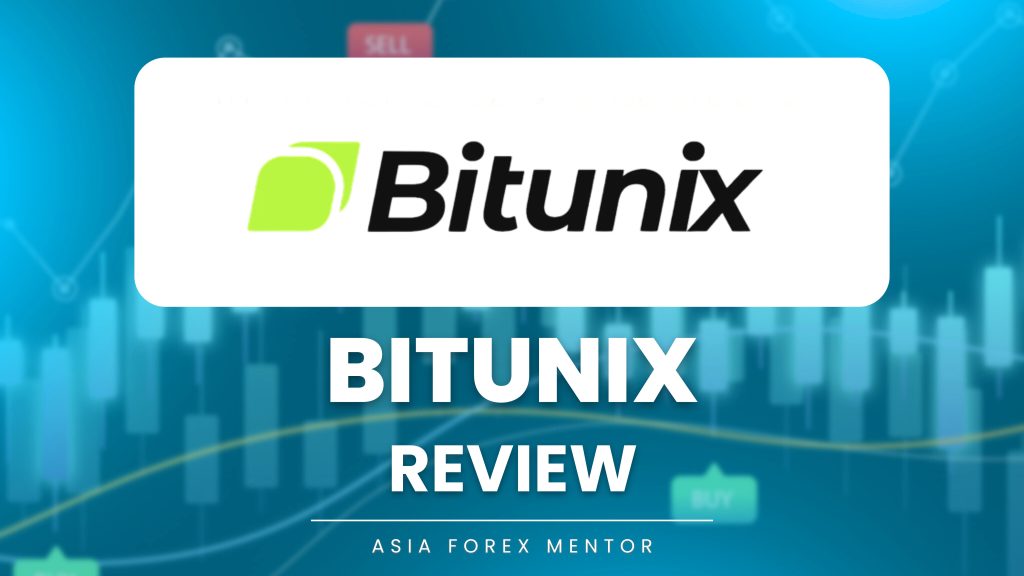
Nvidia's run has been nothing short of spectacular, planting itself firmly among the world's most valuable companies. Their dominance in those crucial data center GPUs – the very engines powering the AI revolution – is pretty much unparalleled right now. But here's the thing about tech markets: the top spot is rarely held forever. The article we're looking at makes a compelling case that Amazon, riding the immense wave of its cloud business, has a shot at a bigger market cap than Nvidia within the next five years or so.
Let's break down the core reasons why this prediction, according to the analysis, might hold water:
1. Get Ready for a Real Competition in AI Chips
Right now, Nvidia's got this market locked down – we're talking something like 90% of data center GPUs. That kind of hold lets them charge top dollar, reflected in those eye-popping gross margins. But history tells us monopolies like that rarely last when there's this much money on the table. More and more players, from old rivals like Intel and AMD to a swarm of ambitious startups, are pouring resources into building competitive AI silicon. The article argues this isn't just a minor annoyance for Nvidia; it's a long-term threat. As alternatives improve, Nvidia's commanding market share is bound to shrink, and that pricing power they enjoy? It'll likely soften. This isn't saying Nvidia's toast, but the intense competition could definitely chip away at their current sky-high margins and valuation premium over time.
2. Amazon's Cloud (AWS) is a Giant Sucking Up AI Growth
Think of the cloud as the essential utility for the AI age, and Amazon Web Services (AWS) is the undisputed heavyweight champ in that arena. With roughly 30% of the global cloud infrastructure market, AWS is the platform where countless companies are building, training, and running their AI models. The explosion in AI isn't just driving chip sales; it's driving insatiable demand for cloud computing power, storage, and services. AWS is right in the middle of this tidal wave, positioned perfectly to capture a massive chunk of the value being created as AI integrates into virtually every industry. The article's point is clear: AWS's foundational role in enabling AI at scale gives Amazon a growth lever that's tied directly to the entire AI ecosystem, not just one piece of the hardware puzzle.
3. AWS Holds a Powerful Hand as a Chip Buyer
AWS is probably the largest of all customers buying Nvidia's tools, alongside selling them the picks and shovels. It has further highlighted in its analysis that AWS is not loyal to whichever chipmaker they have. They are purely for the customers, who require the best, most available, and cost-effective computing power to run their AI workloads in the process. Obviously, if the market for AI chips gets competitive, with many coming up with very good alternatives to the Nvidia GPUs (maybe even cheaper or shorter lead-times than the now-existing long waits for Nvidia's most wanted chips), it would be prime time for AWS to take advantage. Essentially, they can get their hardware from whoever gives them the best price, which makes it better for profit margins and adds to the ability to swiftly scale their AI infrastructure to customer demands. So Amazon will benefit from this massive buyer leverage, whether the specific chipmaker appears to be a winner in the hardware wars.
So it all comes down to arguing that, while Nvidia will always be king today with respect to an important part of AI, AWS will be that kingdom's emperor by virtue of the platform the AI breathes on. As time progresses, the chip market matures and the competition thickens, AWS is set to take advantage of that development, perhaps with the huge value it generates swelling even higher, allegedly enough to stand above Nvidia in market cap by 2030. It is an interesting idea on how the value chain is expected to evolve on different fronts.
















